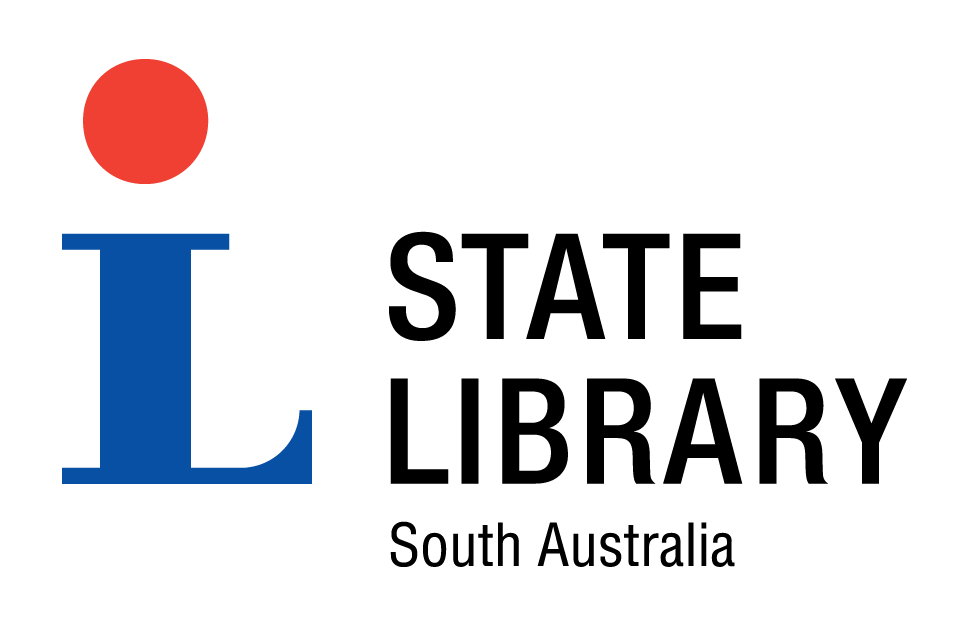
South Australia illustrated Plate 25 The River Murray near Lake Alexandrina |
|||
|---|---|---|---|
| Title : | South Australia illustrated Plate 25 The River Murray near Lake Alexandrina |

|
|
| Creator : | Angas, George French, 1822-1886 | ||
| Place Of Creation : | London | ||
| Publisher : | Thomas M'Lean | ||
| Date of creation : | 1847 | ||
| Additional Creator : | York Gate Library ; | ||
| Format : | Book | ||
| Contributor : | State Library of South Australia | ||
| Catalogue record | |||
| The State Library of South Australia is keen to find out more about SA Memory items. We encourage you to contact the Library if you have additional information about any of these items. | |||
| Copyright : | Reproduction rights are owned by State Library of South Australia. This image may be printed or saved for research or study. Use for any other purpose requires permission from the State Library of South Australia. To request approval, complete the Permission to publish form. |
| Description : |
Plate 25: The River Murray, near Lake Alexandrina. Part of the text accompanying the illustration reads '... the subject of the annexed plate is taken from the limestone cliffs that border upon the left bank of the river, about halfway between the crossing place at Wirrum, and the junction of the Murray with the Lake. A fine view of the river is obtained from this high ground, from whence the eye may trace its course, winding in a succession of the most graceful sweeps, between vast flats of reeds ... The hills rising from this valley, or basin of the Murray, are clothed with belts of pine; and beyond is an extensive country of scrub. A few scattered gum trees grow along the margin of the river ...'. Charles Sturt set out from Sydney 3 November 1829 to explore the Murrumbidgee River and determine where it flowed. He discovered that it flowed into another larger river which he named the Murray, and he continued to follow this river downstream to see where it went. By 3 February 1830 the river had made a decided turn to the south, and by 9 February Sturt was convinced some change in the river was at hand. He wrote ;
That same day Sturt's whaleboat entered Lake Alexandrina. He had nearly reached the river's end. In January 1844 George French Angas arrived in South Australia. Angas immediately began travelling around the colony and painting the landscapes. South Australia had only been settled in December 1836, and many of the scenes Angas saw and painted were pristine and virtually untouched by the settlers. His artwork is an important record of the South Australian landscape before white settlement. In his volume of artworks entitled South Australia illustrated Angas wrote of the River Murray near Lake Alexandrina; ... a fine view of the river is obtained from [the] high ground from whence the eye may trace its course, winding in a succession of graceful sweeps, between vast flats of reeds... [the] current is so gentle as at times to be hardly perceptible: deep, and broad, and smooth as a glassy mirror. It flows tranquilly and majestically... George French Angas (1822-1886), naturalist and painter, was born on 25 April 1822 at Newcastle upon Tyne, England, fourth child and eldest son of George Fife Angas of the South Australian Company and his wife Rosetta, née French. He sailed for Australia in 1843 in the Augustus, reached Adelaide in January 1844, and joined Grey on his expedition and his paintings, published several years later in South Australia illustrated and form a valuable record of the South Australian landscape before it was much changed by white settlement. Angas remained in South Australia until July when he left for New Zealand. He returned to South Australia in January 1845 and remained for six months. During these visits to South Australia Angas went with William Giles to the area in the vicinity of the mouth of the River Murray, and with Governor (Sir) George Grey to the south-east of the province, Kangaroo Island and Port Lincoln. These journeys Angas recorded in water-colour drawings which were shown in Adelaide in June 1845 in the Legislative Council chamber. |
| Subjects | |
| Coverage year : | 1847 |
| Period : | 1836-1851 |
| Region : | Riverland and Murraylands |
| Further reading : | Davis, Peter S Man and the Murray Kensington, N.S.W.: New South Wales University Press, 1978 Eyre, Edward John, Journals of expeditions of discovery into Central Australia ..., Adelaide: Libraries Board of South Australia, 1964 Langley, Michael, Sturt of the Murray: father of Australian exploration London, Hale, 1969 The Murray edited by Norman Mackay and David Eastburn Canberra: Murray-Darling Basin Commission, 1990 Sturt, Charles, Two expeditions into the interior of southern Australia, during the years 1828, 1829, 1830, and 1831: with observations on the soil, climate, and general resources of the Colony of New South Wales Adelaide: Public Library of South Australia, 1963 Tregenza, John. George French Angas, artist, traveller and naturalist, 1822-1886. Adelaide: Art Gallery Board of South Australia, 1980 |
| Internet links : | Australian dictionary of biography online: Angas, George French Treasures of the State Library of South Australia: George French Angas University of Adelaide Online Books: Two expeditions into the interior of southern Australia during the years 1828,1829,1830,1831 with observations on the soil, climate and general resources of the Colony of New South Wales by Charles Sturt. |


